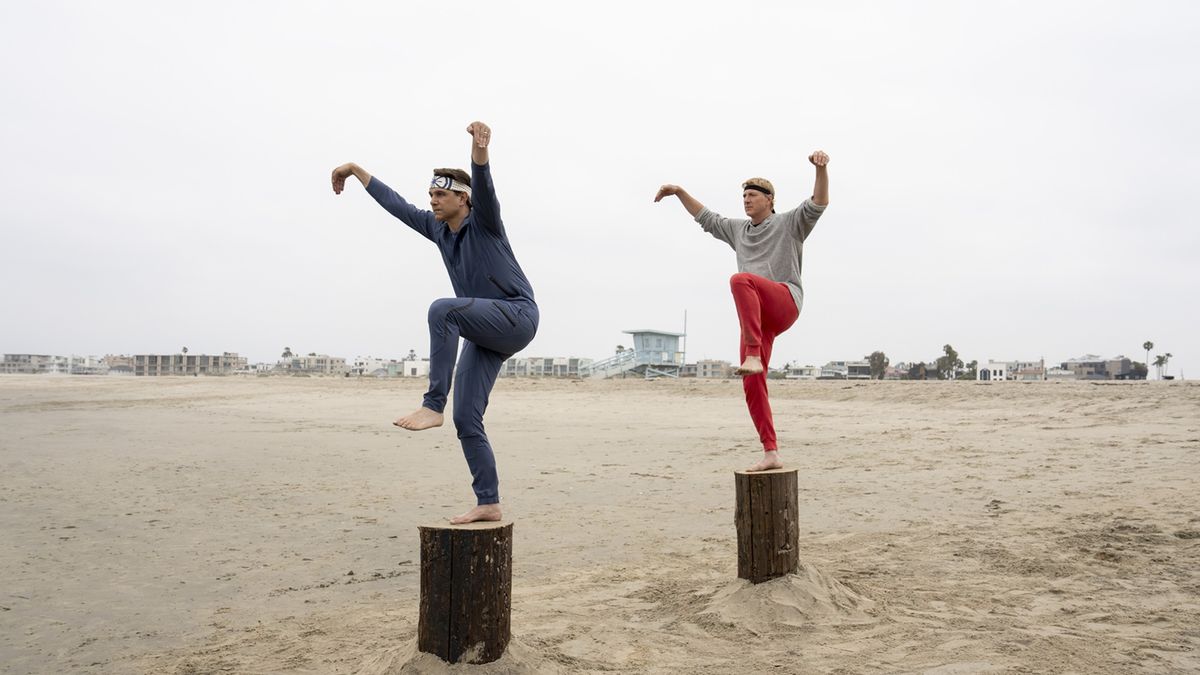In the rapidly evolving field of autonomous vehicle technology, where innovation and practical implementation intersect, the F1-Tenth Racing project under Sudharsan’s leadership has emerged as a notable example of academic excellence meeting real-world competition. This ambitious project, combining advanced control systems with practical racing applications, has set new standards in autonomous racing research and development, while pushing the boundaries of what’s possible in academic-competitive environments.
Leading a diverse and talented team of undergraduate and graduate students, Sudharsan spearheaded the development and implementation of a sophisticated model predictive contouring controller. His innovative approach to leveraging Matlab’s symbolic solver proved transformative, achieving a remarkable tenfold acceleration in development speed – a significant advancement in a field where rapid iteration is crucial for success. This technical breakthrough not only streamlined the development process but also enabled the team to focus more resources on fine-tuning and optimizing their racing strategies.
The project’s technical achievements extended beyond the laboratory, earning recognition in prestigious academic circles. The team’s groundbreaking work resulted in two influential publications:
a comprehensive paper on response time analysis for dynamic priority scheduling in ROS2, presented at the 59th ACM/IEEE Design Automation Conference, and innovative research on the Generalized Autonomous Robotic Delivery System (GARDS), showcased at the IEEE International Conference on Connected and Autonomous Driving. These publications not only demonstrated the project’s academic rigor but also contributed valuable insights to the broader autonomous vehicle research community.
Under Sudharsan’s guidance, the team demonstrated exceptional competitive prowess across multiple international events. Their participation in CPSIOT Week 2019, F1Tenth @ Columbia 2019, and IROS 2020 showcased the practical applications of their research in high-pressure competitive environments. Most notably, at IROS 2020, the team achieved an impressive 6th place finish among 17 competitors in the qualifiers, demonstrating their system’s robustness and performance in a highly competitive field. Each competition provided unique challenges and learning opportunities, allowing the team to continuously refine their approach and improve their autonomous racing system.
The project’s success stemmed from Sudharsan’s ability to foster an environment of collaborative innovation and continuous improvement. His leadership style emphasized the integration of theoretical knowledge with practical application, enabling team members to develop both technical expertise and essential soft skills. The diverse team composition, including both undergraduate and graduate students, created a unique learning ecosystem that promoted knowledge sharing, creative problem-solving, and cross-disciplinary collaboration. This collaborative approach proved particularly valuable in addressing the complex challenges inherent in autonomous racing systems.
The impact of this project extends far beyond immediate competitive achievements. The team’s research contributions in ROS2 scheduling and autonomous delivery systems have significant implications for the broader field of autonomous vehicles. Their work on model predictive contouring control offers valuable insights for future developments in autonomous racing and vehicle control systems. The methodologies developed during the project have potential applications in various autonomous vehicle scenarios, from urban navigation to industrial automation.
Sudharsan’s approach to project management and technical leadership has established a replicable model for academic-competitive projects. By successfully balancing rigorous academic research with competitive performance goals, the project demonstrates how academic expertise can be effectively translated into practical engineering achievements. His emphasis on documentation, iterative improvement, and knowledge sharing has created a valuable foundation for future research teams in the field.
Throughout the project, the team faced and overcame numerous technical challenges, from optimizing control algorithms to managing real-time performance constraints. These challenges required innovative solutions and often led to unexpected discoveries that further advanced their understanding of autonomous racing systems. The team’s ability to adapt and innovate under pressure became a hallmark of their approach, leading to several technical breakthroughs in control system implementation.
The F1-Tenth Racing project serves as a compelling example of how focused leadership, technical innovation, and collaborative teamwork can drive success in autonomous vehicle development. As the field continues to evolve, the methodologies and achievements demonstrated under Sudharsan’s leadership provide valuable insights for future research and development in autonomous racing technology. The project’s success story illustrates the powerful combination of academic research excellence and practical engineering implementation in advancing the frontiers of autonomous vehicle technology.
About Dr. Sudharsan Vaidhun
Dr. Sudharsan Vaidhun is a distinguished researcher and leader in autonomous vehicle technology, with particular expertise in model predictive control systems and robotics. His work on the F1-Tenth Racing project demonstrates his ability to bridge theoretical research with practical applications in autonomous racing. His publications in prestigious conferences and success in international competitions highlight his contributions to advancing the field of autonomous vehicle technology. Dr. Vaidhun’s leadership approach emphasizes technical innovation, collaborative learning, and practical implementation of advanced control systems. His commitment to mentoring and developing the next generation of autonomous vehicle researchers has created a lasting impact on both his team members and the broader research community.
Get latest Tech and Auto news from Techlusive on our WhatsApp Channel, Facebook, X (Twitter), Instagram and YouTube.




















 English (US) ·
English (US) ·